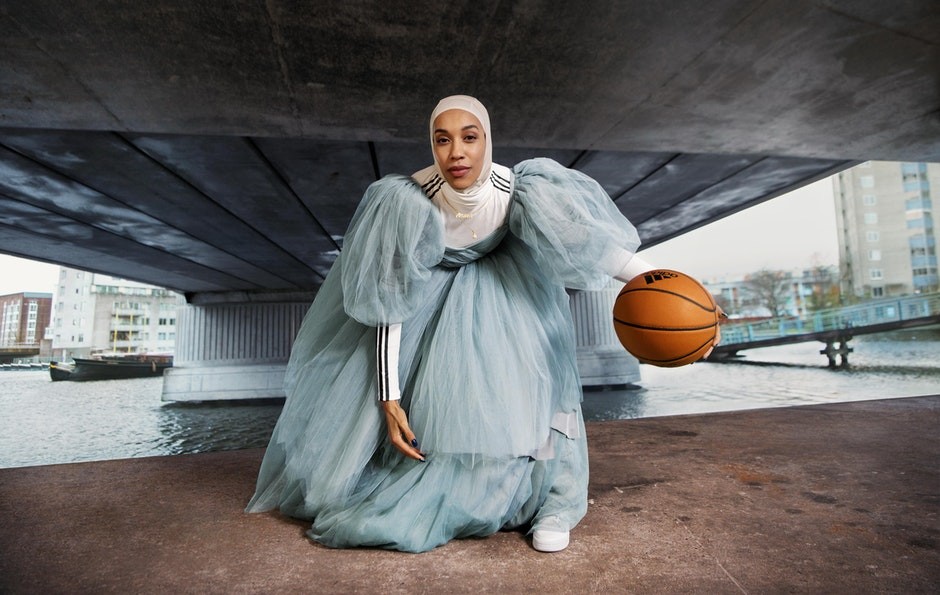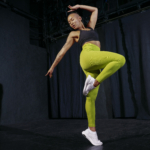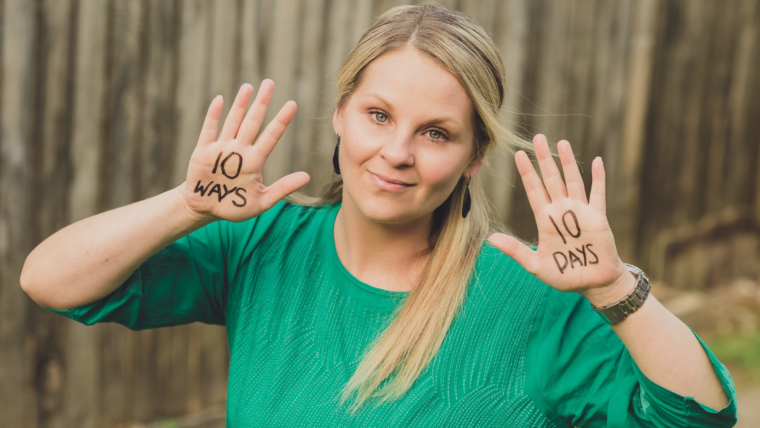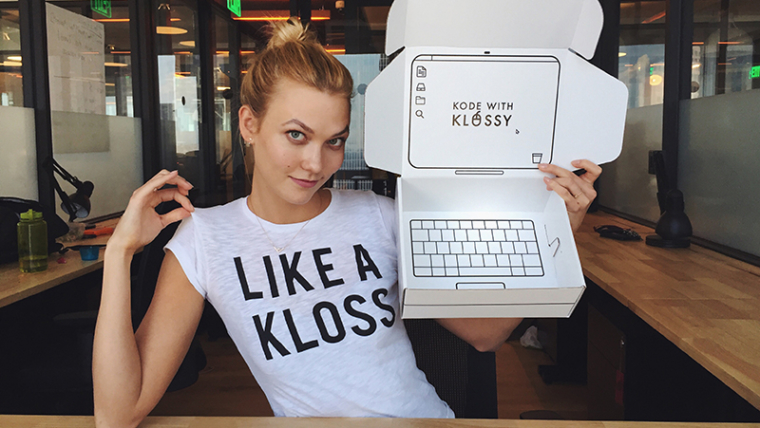
How Adidas Is Investing In Women In Sports As Never Before
Women and LGBTQ+ people play less sport than men, but change is in the air – representing a huge opportunity for sportswear brands, says Adidas SVP of marketing Vicky Free.
By Lucy Maguire
Adidas is significantly ramping up its investment in women’s activewear and athletic footwear, the company said today as it launched a new Impossible is Nothing campaign.
The brand says it will invest “more than ever before” in women and LGBTQ+ people in sport, a development that will be reflected both in new products and in a new marketing language.
“The women’s business is the sports industry’s greatest failure and its greatest opportunity,” says Matt Powell, senior industry advisor, sports at the NPD Group. Despite their much smaller market size, women’s activewear and athletic footwear are growing fast — in athletic footwear alone, the women’s and children’s market grew 25 per cent in 2021, compared to men’s growth in the high teens, according to Powell.
Over the last ten years, challengers to the sportswear giants have won market share. Lululemon was founded initially with women in mind, while Gymshark has focused on fitted conditioning outfits rather than traditional sportswear. In response, Nike, Puma and Adidas have evolved their products, marketing and community projects.
“If you were to split the growth areas of sport, womenswear is probably the single largest growth area,” says Deutsche Bank analyst Adam Cochrane. While sportswear brands previously focused on women’s trainers or casualwear, they are now investing in fitness-focused campaigns and product development for women, he adds.
The growth potential of women and LGBTQ+ people in sport
Since joining Adidas in late 2020, Vicky Free, senior VP of global marketing, has focused on identifying and understanding blind spots in its reach. “Consumers are changing. The definition of sport is changing. The world is completely global and I want us to listen to them,” she says.
Adidas notes a drop-off in sports participation among women and LGBTQ+ individuals during their teenage years as a combination of the onset of menstruation and social pressures deter people from sporting activities.
Adidas plans to address this drop-off with product, marketing and community activations. “Women are part of any business opportunity,” Free says. “You name the category and women are hugely influential, if not driving the purchase decision for the family. In sport, women are changing the game. We just need to find where their needs haven’t been met.”
Of 62,000 Adidas employees around the world, a third are sales associates who serve as a network of consultants as to what the consumer wants, says Free.
Products centred on women’s bodies
In June 2021, Adidas launched Stay in Play, a line of period-proof activewear, to help prevent the drop-off from sport when people start menstruating. The range has garnered a “phenomenal” response in the market, says Free.
The Adidas Ultra Boost shoe, designed with women’s feet in mind, launches this quarter. Following Adidas research that shows 90 per cent of women have an ill-fitting sports bra, Adidas is also launching a full range of sports bras in 72 sizes, designed with 43 models. “[We have] women designers, women product developers,” says Free. “We are bringing this product to market for women by women.”
Soccer, or football, is a high-growth sport for women’s participation. Adidas is sponsoring the Fifa Women’s World Cup 2023 and has stepped up its sponsorship of the Uefa Women’s Champions League and Women’s Euro 2022. Nike was a key sponsor of the 2019 Women’s World Cup and signed partners including football star Megan Rapinoe.
Representing women’s stories
Adidas’s new Impossible is Nothing campaign, launching today, features seven high-profile womens, ranging from Squid Game actor Hoyeon Jung, to Brazilian volleyball star Tifanny Abreu, the first trans woman to play in Brazil’s Superliga. “We also have model Ellie Goldstein who is changing the game on the catwalk, and poet and basketball player Asma Elbadawi who challenged the international basketball Federation to wear her hijab,” Free says.
The marketing focus for Impossible is Nothing is engagement rather than reach, Free says. Campaign videos and images are being rolled out across TikTok, Instagram and YouTube. Effective storytelling can boost the women’s sportswear market, according to Free. “It’s important that we appreciate the many different women who participate in sport and tell those stories from those different points of view.”
Funding grassroots organisations
Adidas is also funding a series of grassroots initiatives to improve sports participation among women and underrepresented groups. In March it will launch a new Breaking Barriers Academy in Europe, providing gender equity learning resources to sporting clubs, coaches and athletes. It’s also a long-term partner of the Black Women’s Player Collective (BWPC), a non-profit organisation created to elevate the image and representation of Black women and girl athletes in football and society.
It supports further organisations like Goals4Girls and Romance FC and contributes 1 per cent of global ball sales to grassroots organisations that aim to get more women into football. “Partnering with community organisations, funding and building more football pitches and basketball courts and tennis courts, allows us to build access to sport,” says Free. “That’s how we bring our vision of inclusivity to life.”






